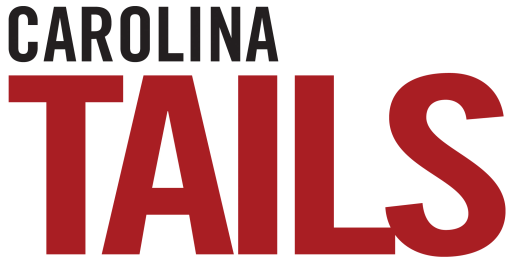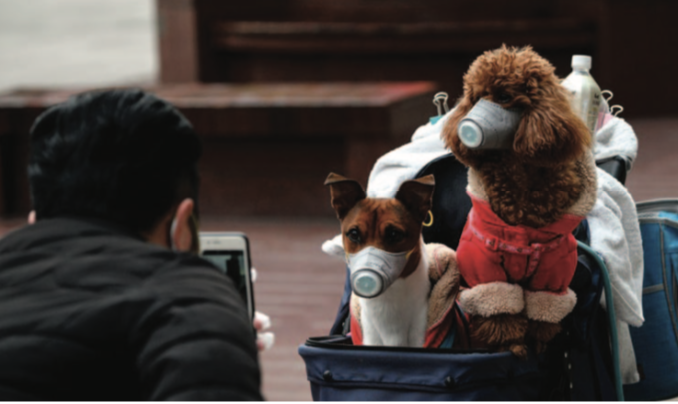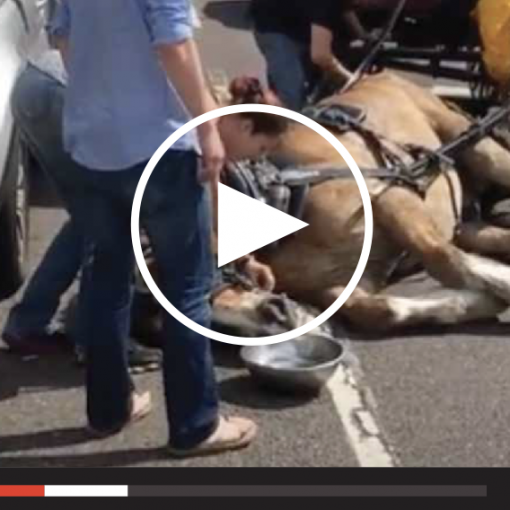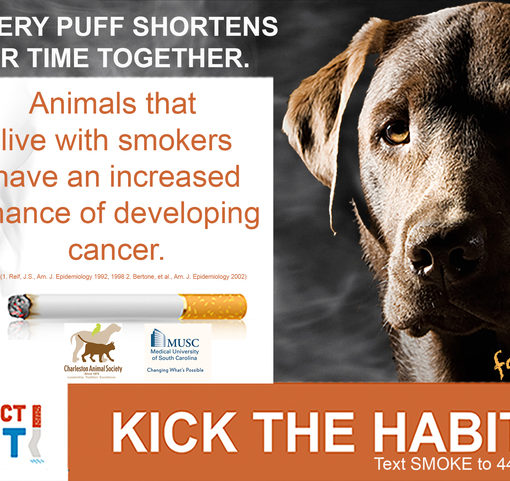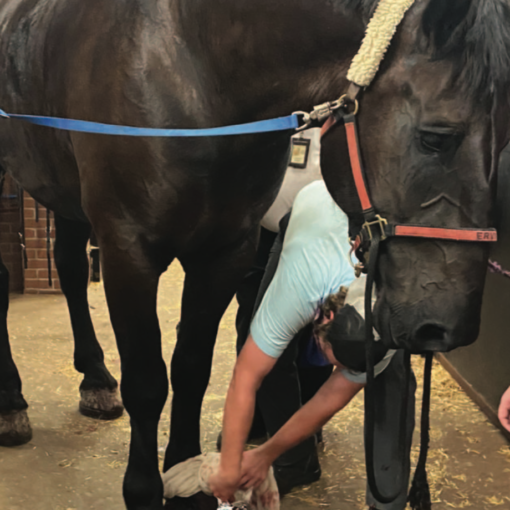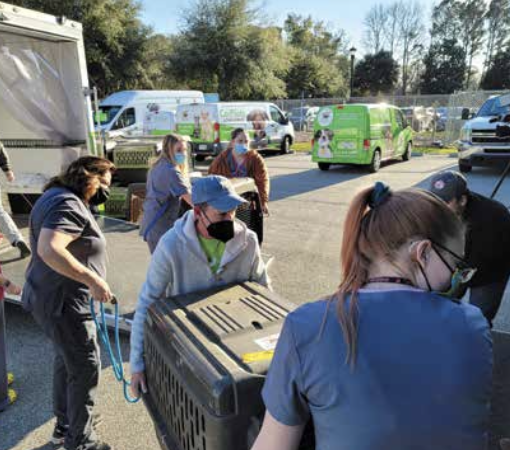SURPRISING PHOTOS OUT OF SOUTHEAST ASIA show dogs wearing breathing masks in an attempt to save them from the Coronavirus. Is that going a bit too far?
What are the chances of your dog or cat catching the Coronavirus, specifically COVID-19?
“From what we know right now, your dog or cat is at a much higher risk of contracting more familiar diseases such as rabies, parvo, distemper and upper respiratory infections,” said Charleston Animal Society Associate Director of Veterinary Care Dr. Cody Dressler. “We need to watch Coronavirus and be prepared. However, don’t forget other viruses exist in our everyday lives and also require our recognition.”
That Hong Kong Dog
In late February, the World Health Organization (WHO) announced that a dog in Hong Kong had tested positive for the COVID-19 virus. They emphasized that it was a “weak positive,” meaning low levels of the virus were found. Unfortunately, a weak positive test in a single dog does not provide information to draw definitive conclusions. There are several possible reasons for the result including infection, environmental contamination, testing or technique error, and cross-reactivity.
The dog belongs to a 60-year-old woman who developed symptoms on February 12th and later tested positive, according to the Wall Street Journal. Domestic animals in Hong Kong are now being quarantined if their owners test positive for the Coronavirus.
COVID-19 shares many genetic similarities with another strain of coronavirus that commonly circulates in bats, but its specific origin is currently unknown. How COVID- 19 transferred to humans is currently unknown but continues to be studied. Right now, there is only evidence of human-to- human transmission.
Several global organizations recognize that there have not been reports of pets or other animals becoming sick with COVID- 19. These sources also recognize that there is new information emerging about the virus daily and encourage proper hygiene. Animals can be a source of several other diseases, so it is always a good idea to practice proper hand hygiene when dealing with animals or animal products.
Medical Supply Chain
In February, the American Veterinary Medical Association (AVMA) put out a notice that there are concerns the Coronavirus pandemic could disrupt the supply chain for medical supplies of pets and medical personnel. Officials there said the Food and Drug Administration (FDA) is closely monitoring the situation and will assist if needed.
In March, the U.S. Food and Drug Administration said six animal drug firms that source ingredients or make finished products in China have indicated they’re seeing disruptions in the supply chain that could soon lead to shortages.
Charleston Animal Society is already feeling the supply chain impact; because of this the shelter is stopping elective surgeries so critical supplies can be redirected to hospitals.
